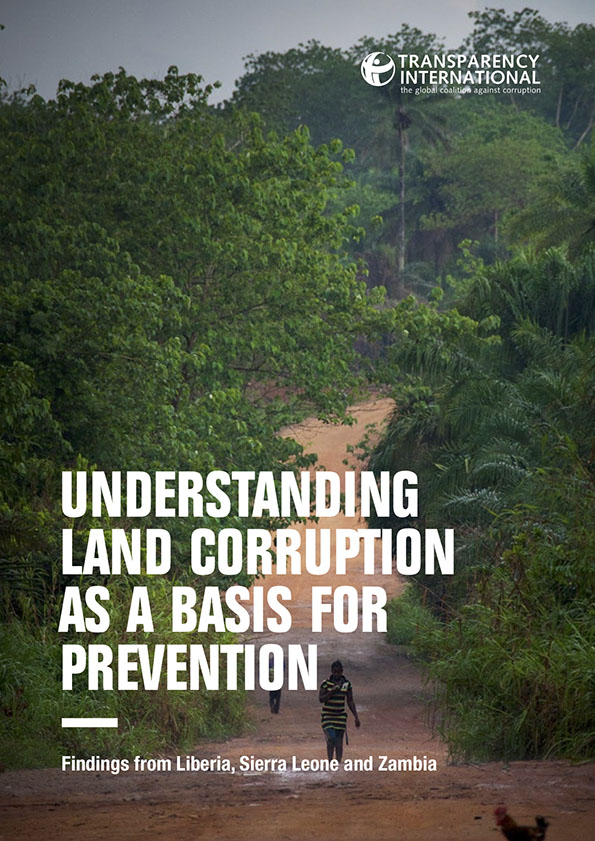Chop fine: the human rights impact of local government corruption and mismanagement in Rivers State, Nigeria
This Human Rights Watch report examines the misuse of public funds by local officials in the Rivers State of Nigeria’s. It is based on interviews in Rivers state with government and donor agency officials, civil servants, health care workers, teachers, civil society groups and local residents. Also state and local government budgets are analysed.Despite Nigeria’s strong oil industry ordinary Nigerians have derived appallingly little benefit from that wealth and the misuse of public funds by local officials had harmful effects on primary education and basic health care.



